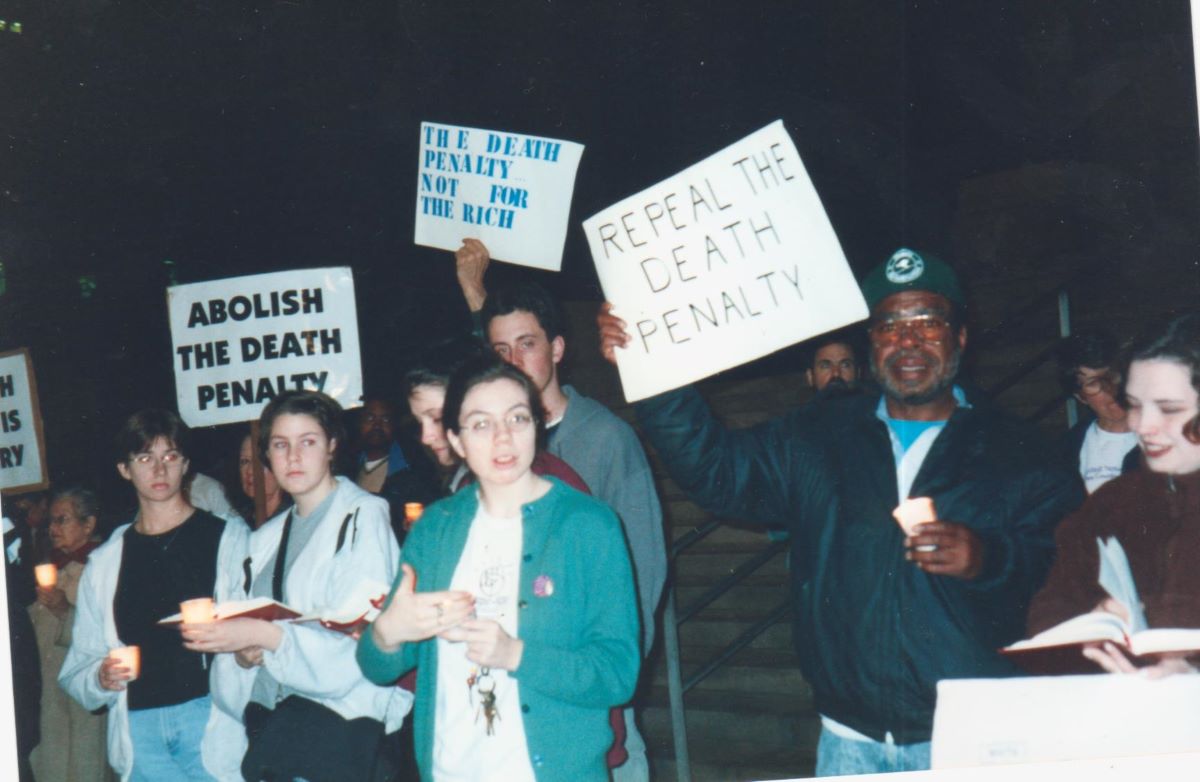
Singapore executed a man convicted of drug trafficking on Wednesday, April 26, according to a spokesperson for his family, despite pardon requests from his relatives and campaigners.
The Incident
Despite the legalization of cannabis in an increasing number of countries worldwide, Singapore still retains some of the strictest drug laws. The country’s administration is determined that the death penalty deters drug traffickers and must thus continue to be used to protect the public.
Singaporean national Tangaraju Suppiah, 46, was executed on Wednesday in Changi Prison, according to a brief statement from Singapore Prison Service.
He was hanged, and the family got a death certificate, according to his sister Leelavathy Suppiah, who spoke to CNN. It was the first execution carried out in Singapore in six months.
A controversial Case
Campaigners had raised several issues with how his case had been handled, including reports that Suppiah, a Tamil speaker, was questioned by police in English without an interpreter and that police questioned him without legal representation.
Tangaraju appeared in court on his behalf in November of last year when he applied to have his case reviewed following a failed appeal. Due to the difficulty in getting access to attorneys, activists claim that he is one of an increasing number of death row inmates doing this.
Singapore hanged 11 people for drug-related crimes last year, including Nagaenthran K. Dharmalingam, a Malaysian man with intellectual disabilities whose case sparked a rare protest in Singapore and a worldwide uproar.
By international human rights legislation, which only authorizes the death penalty for the most heinous offenses, the United Nations claims that the death penalty has not been demonstrated to be a reliable deterrent worldwide.

